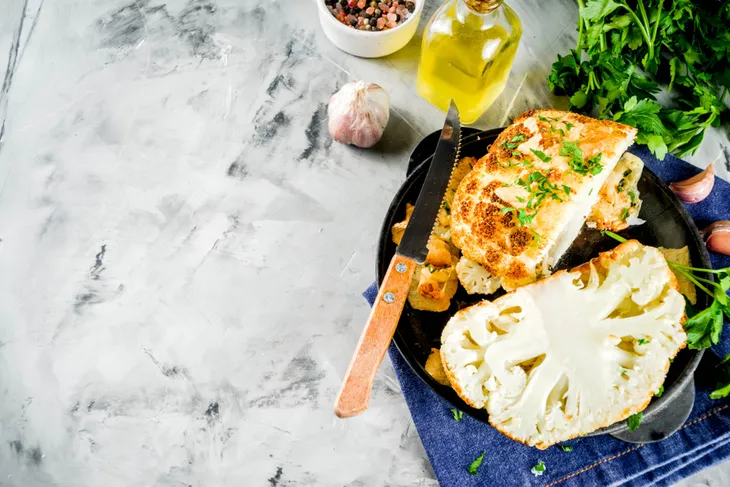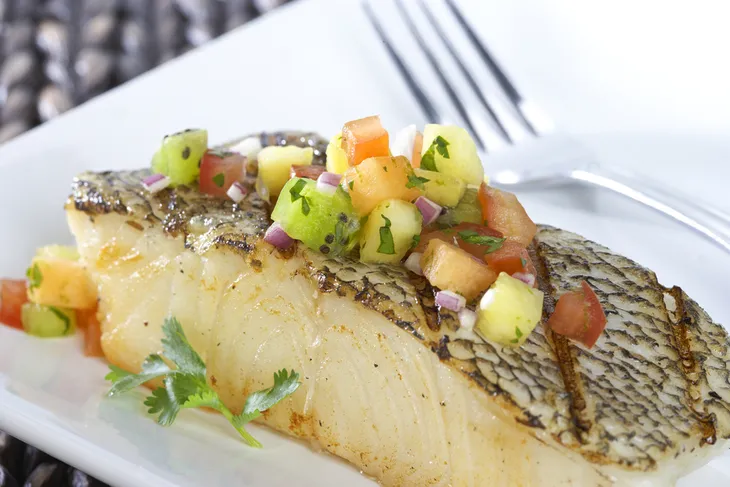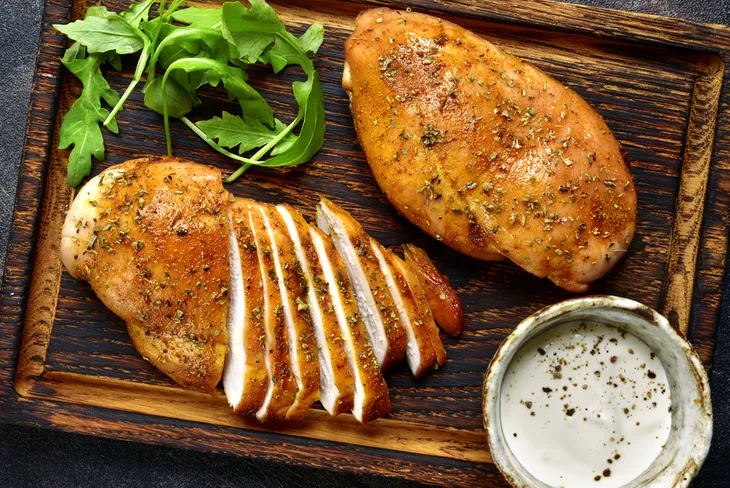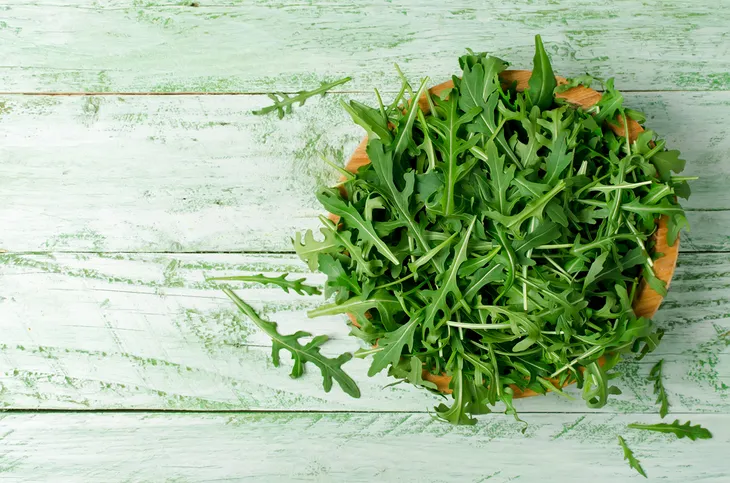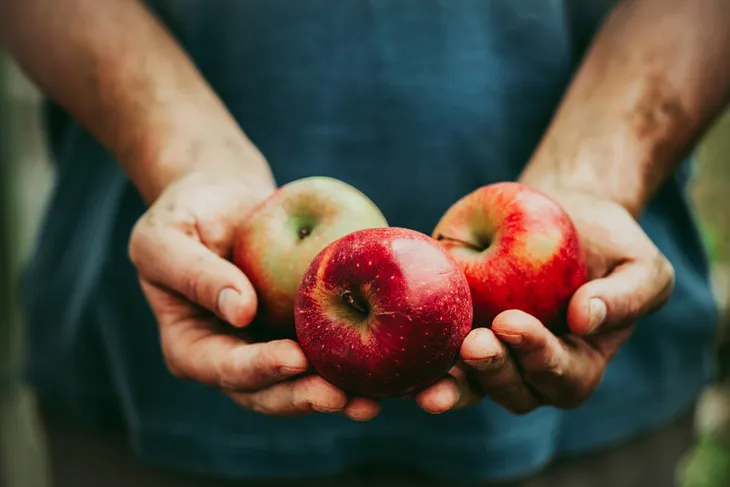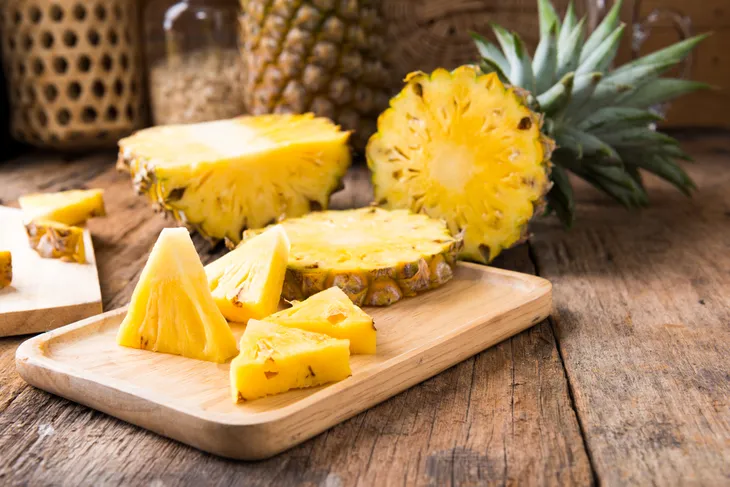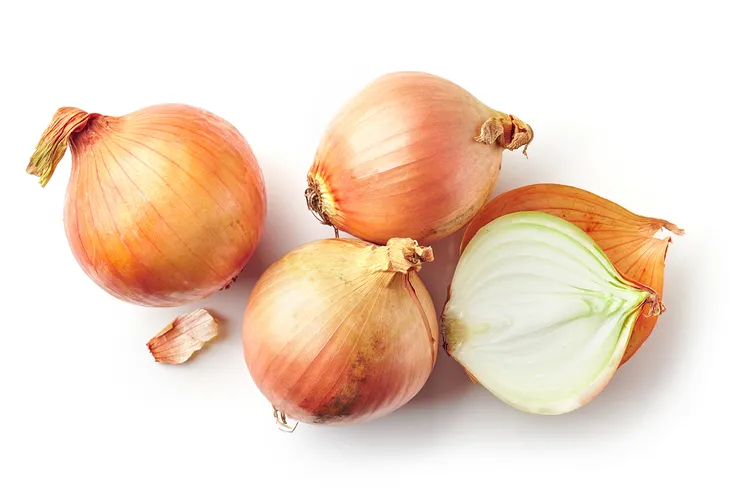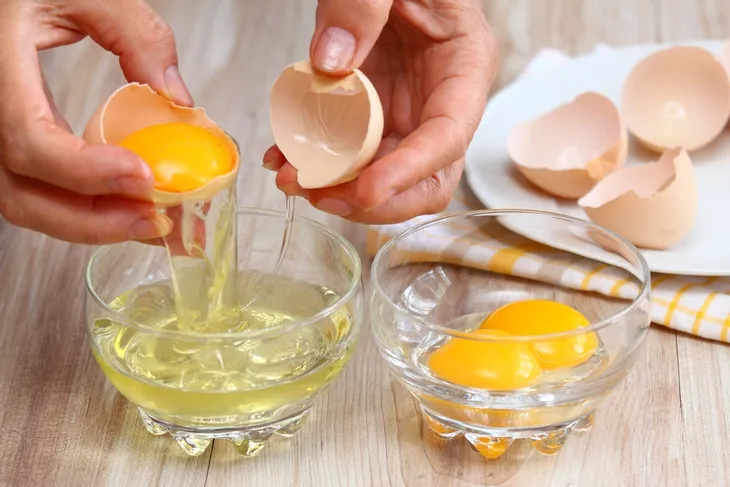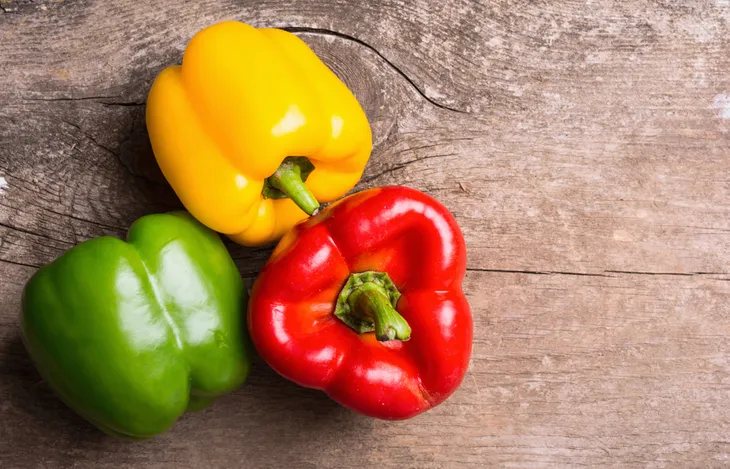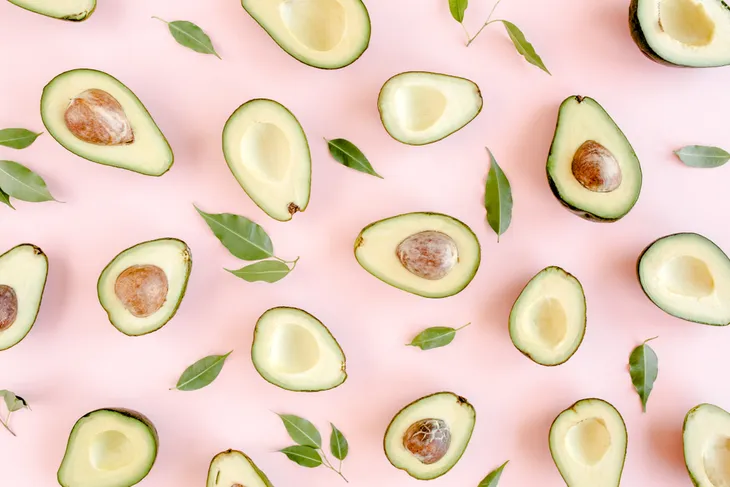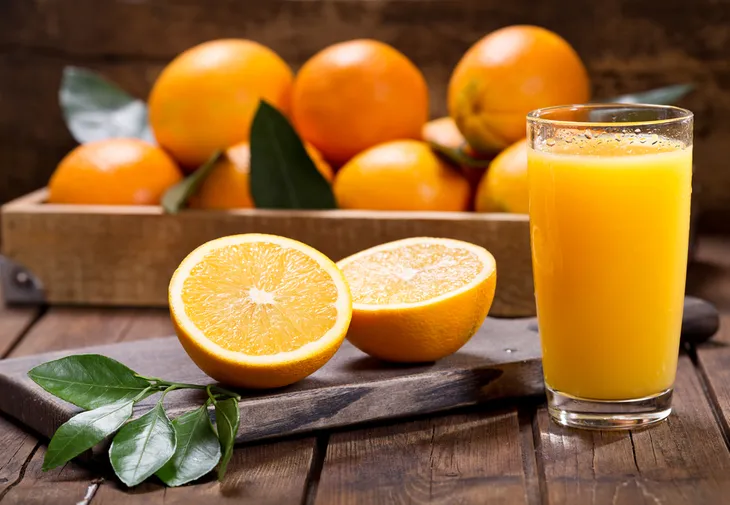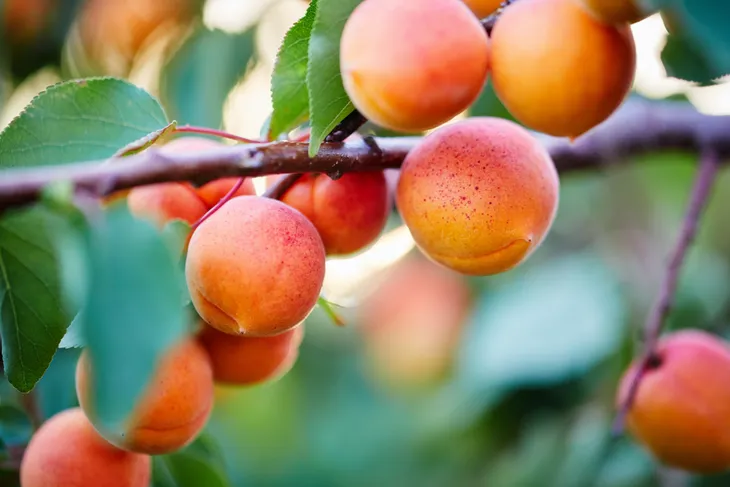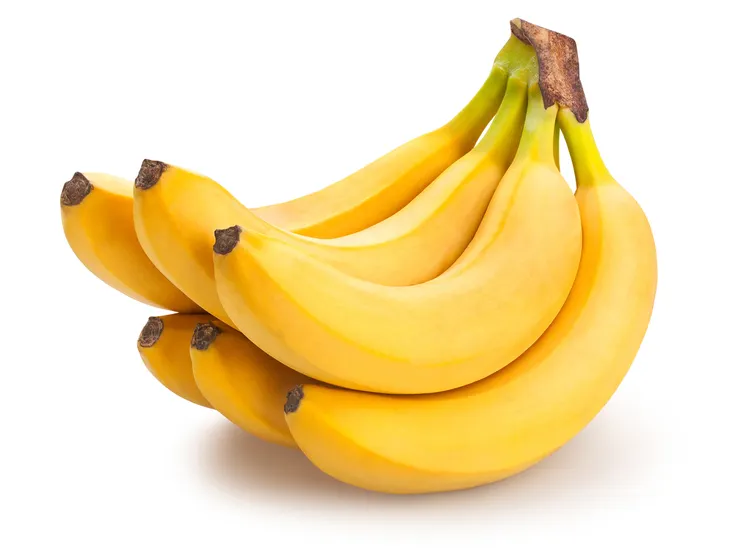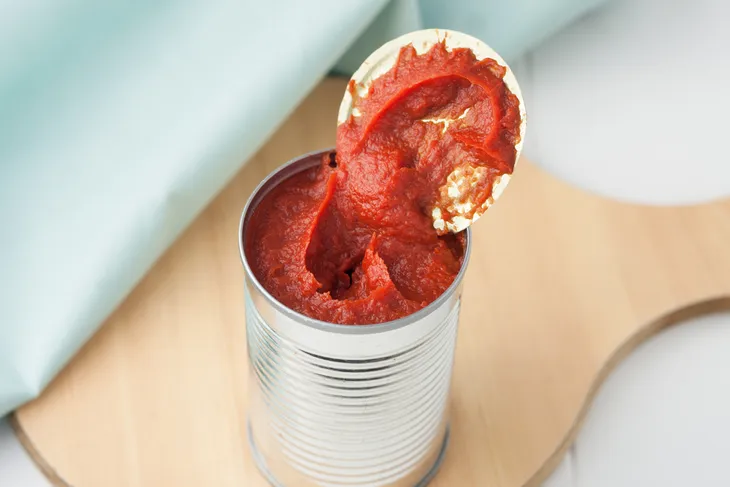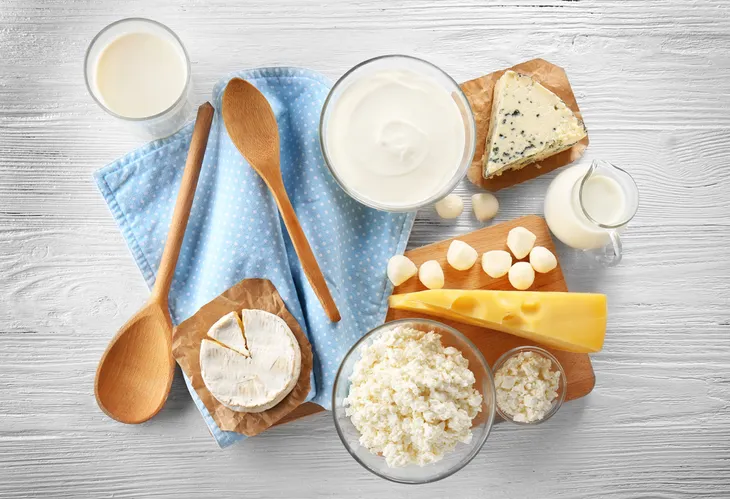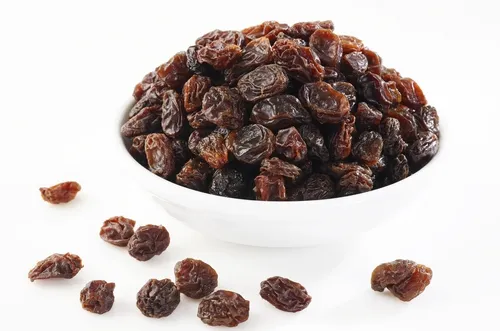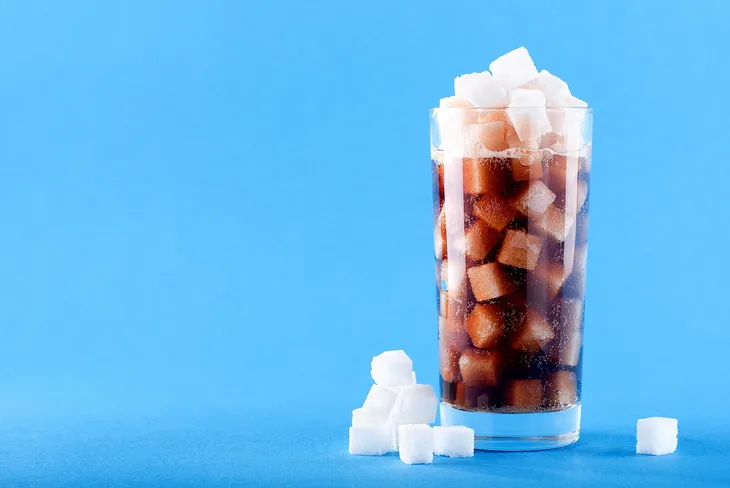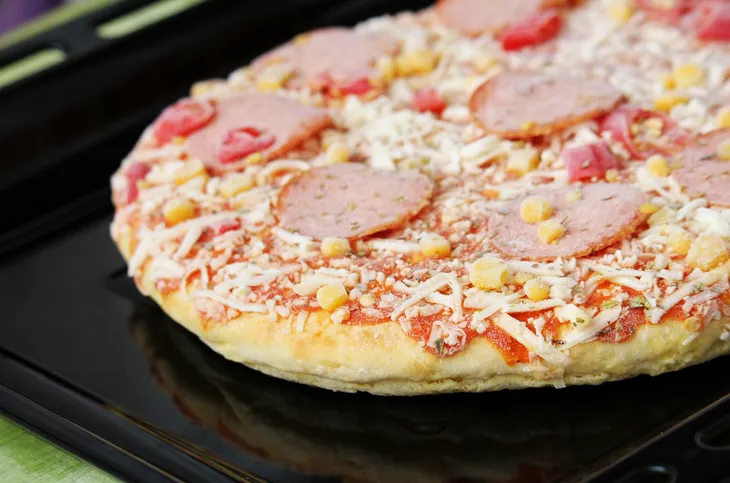Your kidneys are vital organs that perform important functions. These bean-shaped organs are responsible for filtering your blood by removing waste through urine. They also help produce hormones, balance minerals, and maintain fluid balance in your body. But if you suffer from chronic kidney disease (CKD), your kidneys can’t remove waste properly which can cause waste and fluids to build up in your body.
One way you can help support your kidneys is through your diet. Enjoying kidney-friendly foods (and avoiding the foods that can cause damage) can help you stay healthy and manage the disease. So with that in mind, let’s take a look at foods to eat (and avoid) if you have kidney disease.
Foods to Eat For Kidney Disease
Nourishing your body with kidney-friendly foods can help protect your kidneys from further damage. When managing kidney disease you may need to limit some types of foods and liquids to prevent fluids, minerals, and electrolytes from building up in your body.
To prevent this from happening you may need to watch your intake of potassium, phosphorus, sodium protein, and fluids. This is especially true if you’re on dialysis. So let’s take a look at some of the kidney-friendly foods you can eat!
Blueberries
Some consider blueberries a superfood. They’re loaded with nutrients including essential antioxidants that may help protect you against certain types of cancer, heart disease, and diabetes. They’re also a good food to eat if you have kidney disease.
Blueberries are low in potassium, sodium, and phosphorus all of which you must monitor while following a kidney-friendly diet. You can feel good about snacking on a bowl of blueberries or adding them to your oatmeal, or salad.
Cauliflower
Cauliflower is arguably one of the most versatile vegetables out there. It can be turned into rice, pizza crust, mimic mashed potatoes, and so much more. Better yet, it’s good for your kidneys!
Cauliflower is low in sodium, potassium, and phosphorus but is rich in vitamin C, K, and folate. It’s also a great source of fiber, and anti-inflammatory properties so go ahead and add more cauliflower to your meal plan.
Sea Bass
Protein is a nutrient that you may need to limit because if your kidneys are damaged, they may have trouble clearing out waste products from protein metabolism. That said, protein is still an essential nutrient so if you’re going to choose one, consider sea bass.
Unlike many other types of seafood, sea bass contains lower amounts of phosphorus. Although, you’ll still need to limit your portions. Sea bass is also a great source of omega-3s which are known to have anti-inflammatory properties. This may help reduce the risk of some ailments like cognitive decline, anxiety, and depression.
Skinless Chicken
Another high-quality source of protein you can consider is skinless chicken breast. Opting for the skinless variety helps reduce the total amount of phosphorus, potassium, and sodium. However, as we previously mentioned, it’s still important to monitor your protein intake, especially when on dialysis.
Be sure to choose fresh chicken instead of pre-made chicken. This is because pre-made chicken can contain high amounts of phosphorus and sodium, both of which should be limited while following a kidney-friendly diet.
Arugula
Leafy greens are a part of a healthy diet, but popular choices like spinach and kale are high in potassium. A great alternative is arugula.
This nutrient-rich leafy green is not only low in potassium (about 37-mg per cup), but it’s also rich in vitamin K and other essential minerals like calcium and manganese. Furthermore, arugula also contains nitrates which support kidney health and may help lower blood pressure.
Apples
The Kidney Foundation lists apples as a kidney-friendly superfood. This is because they’re a great source of pectin (specifically found in the peel) which is a soluble fiber that can help lower cholesterol and blood sugar levels.
Apples are also good sources of vitamin C and antioxidants. They’re also incredibly sweet making them a great healthy option when you have a sweet tooth. Enjoy them as is or sprinkle some cinnamon on your apple slices for even more flavor!
Pineapple
Unfortunately, many tropical fruits (which we’ll dive into later) are high in potassium. But one tropical fruit that is kidney-friendly is pineapples!
Not only are they low in potassium (roughly 180-mg per 1-cup fresh pineapple), but it’s also a great source of other essential nutrients. More specifically, pineapple is a good source of fiber, vitamin C, and manganese. It also contains an enzyme called bromelain which has anti-inflammatory properties.
Onions
If you need to add flavor to a dish (without adding salt), onions are a great option! But it turns out, they’re also a great food to eat if you have kidney disease, especially because watching your salt intake is important.
Furthermore, onions are also rich in vitamin C, B vitamins, and manganese. They also support your digestive system because they contain prebiotic fibers.
Egg Whites
Eggs can be very nutritious for the average person, however, the egg yolk is high in phosphorus which should be limited while following a kidney-friendly diet. So go ahead and ditch the yolk, and enjoy egg whites instead!
Two large egg whites contain only 10-mg of phosphorus making them kidney-friendly. Plus, egg whites are also a great source of protein.
Bell Peppers
Bell peppers have an impressive nutrient profile. For starters, they’re loaded with vitamin C. In fact, one small red pepper contains about 105-percent of the daily recommended amount.
More specifically for kidney disease sufferers, bell peppers are also low in potassium, sodium, and phosphorus. Finally, bell peppers are also a good source of vitamin A which supports immune health. Supporting your immune system is essential especially if you have kidney disease.
Foods to Avoid For Kidney Disease
Now that we’ve explored some of the kidney-friendly foods you can eat, next, we’ll take a look at some of the foods you should avoid with kidney disease.
Note, while some of these foods aren’t necessarily unhealthy, they simply contain high amounts of potassium, phosphorus, or fluids which you may need to be limited on a kidney-friendly diet.
Avocados
These buttery, soft fruits are renowned for their heart-healthy fats and other nutrients but unfortunately, if you have kidney disease, you may need to avoid them.
Avocados are a great source of potassium (about 690-mg per average-sized avocado) but since too much potassium can wreak havoc if you have kidney disease, it’s best to err on the side of caution. Some individuals with early kidney disease can still enjoy them, but you may want to reduce your portion sizes and stick to one-fourth of an avocado.
Oranges
Oranges are one of the best sources of vitamin C, however, they’re also high in potassium. In fact, one large orange contains roughly 333-mg of potassium and just 1-cup of orange juice contains about 473-mg of potassium.
Since oranges are high in potassium, you may need to limit or completely avoid them altogether. Thankfully, there are plenty of other fruits that are low in potassium that would make great alternatives.
Apricots
Similar to oranges, apricots are also a great source of vitamin C. They’re also rich in vitamin A and fiber. That said, they’re also another culprit when it comes to potassium.
1-cup of fresh apricots contains about 427-mg of potassium. Even worse, 1-cup of dried apricots contains over 1,500-mg of potassium. With this in mind, you may need to avoid them if you want to support your kidneys.
Bananas
Bananas are renowned for their potassium content. In fact, a medium banana contains roughly 422-mg of potassium.
While bananas can boast many health benefits for the average person, they can wreak havoc on someone with kidney disease. Luckily, there are many other fruits that are low in potassium that are suitable for your diet.
Tomatoes
Tomatoes make great additions to salads, side dishes, as well as many recipes. They also offer tons of health benefits including being a great source of vitamin C and antioxidants. That said, they’re also another fruit high in potassium.
Just one medium-sized tomato contains about 290-mg of potassium and even worse, 1-cup of tomato sauce can contain up to 900-mg of potassium. Try reaching for red bell pepper sauce instead as it’s low in potassium and a great healthy alternative.
Dairy
Dairy may be a great source of essential vitamins and nutrients, but it’s also rich in phosphorus and potassium, as well as protein. All of which you may need to limit on your kidney-friendly diet.
Dairy is also known for promoting strong bones but if you have kidney disease consuming too much may do more harm than good. Healthline explains, “when the kidneys are damaged, too much phosphorus consumption can cause a buildup of phosphorus in the blood, which can pull calcium from your bones.” When this happens your bones can become weak over time.
Raisins, Dates, and Prunes
These dried fruits can be great healthy snacks and they’re sweet enough to quench a sweet tooth. Unfortunately, they’re also a potassium-rich food that may not be suitable for CKD.
Just four dates contain around 668-mg of potassium. 1-cup of prunes contains up to 1,274-mg of potassium and 1-cup of raisins contains roughly 1,086-mg of potassium. So if you need to watch your potassium intake, you may need to avoid these dried fruits.
Soda
It’s no secret that soda isn’t good for you as it’s often laden with sugar and other additives. But soda, especially dark-colored soda also has additives that contain phosphorus.
Unlike its natural counterpart, phosphorus from additives are not “bound to protein,” explains Healthline. Instead, it’s “found in the form of salt and highly absorbable by the intestinal tract,” adds the source. The amount can vary depending on the soda, however, most dark-colored sodas may contain up to 100-mg in a 100-mL serving. Play it safe by skipping the soda and choose water instead!
Processed Foods
Treating yourself to guilty pleasures like processed foods is typically okay for the average person (in moderation, of course) but if you have CKD, you should really limit or avoid these foods altogether.
Processed foods like pre-made, packaged, or instant meals, may be convenient, but they’re often loaded with sodium. Not only that, but they also lack nutrients. Some examples of these foods include frozen pizza, instant noodles, microwave dinners, and more.
Work With Your Doctor/Dietician
Managing chronic kidney disease can be a learning curve. Individuals in the early stages of CKD may not have to limit too much of what they eat, however, for preventative measures doctors should be referring to the dietician to slow the progression of the disease. As the disease progresses they’ll need to be more mindful of what they consume.
You’ll need to track your nutrients to ensure you’re getting the right amounts. Some key things to track with kidney disease are calories, protein, fat, and carbohydrates. To help with this, your doctor will likely refer you to a dietitian who can help you create a meal plan that supports your kidneys and the stage of CKD you’re in.



